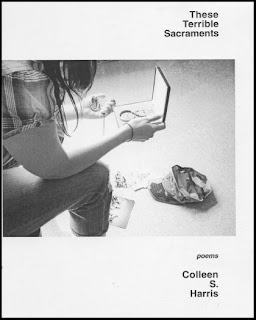Petsko's Letter to SUNY-Albany, the Mission of the University, and the Faltering of Humanities Support
Have you had the chance to read Professor Gregory Petsko's open letter to the president of SUNY-Albany? If not, read the open letter here. If you have any interest in higher education at all, it is worth your time. Essentially, President Philip announced that due to budget strictures, SUNY Albany would be eliminating the French, Italian, Classics, Russian and Theater Arts departments. Reasons included that 'there are comparatively fewer students enrolled in these degree programs' and that, as Petsko writes, "the humanities were a drain on the institution financially, as opposed to the sciences, which bring in money in the form of grants and contracts." The letter goes on to detail the value of liberal arts as integrated into the university curriculum. Petsko is more eloquent than I am, and I leave you to read his letter for the rest of it. But what I want to return to is this: what is the mission of the university? Petsko states, "the word 'university...
